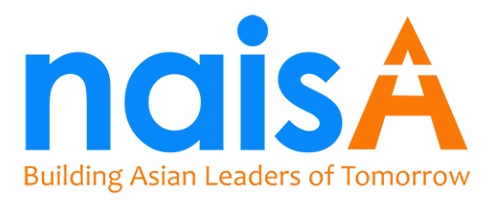MAR
07

THE BAMBOO CEILING – TWO SIDES TO BREAKING THROUGH
A 2011 study by the Center for Talent Innovation states that, Asian Americans are far more likely to have a college degree than the average person. While they make up only 5% of the population, they constitute 18% of the student body at Harvard and 24% at Stanford. They have little trouble getting hired, but the picture changes as they move toward senior management.
Despite their numbers and achievement level, Asian Americans account for just 1.4% of Fortune 500 CEOs and 1.9% of corporate officers overall. According to the study, 63% of Asians feel stalled in their careers, a higher rate than what’s reported among their African American, Hispanic, or Caucasian counterparts. Even at tech companies—which are stereo typically hospitable to Asians—they are notably absent at the top. Added to this, only 28 percent of Asian Americans say they are comfortable “being themselves” at work, compared with roughly 40 percent of other American workers.
There is a debate currently taking place between those who believe that personal adaptation is the answer and those who think this misses a larger problem in American business today. Jane Hyun the executive coach who coined the phrase bamboo ceiling in her 2005 book Breaking the Bamboo Ceiling, is rethinking her original position: that it’s on Asians to manage differences between their cultural style and the style that usually leads to leadership positions in the West. More and more, she is convinced that the onus should also be on managers and corporations to understand that there is more than one way to be effective—and that while many Asian American employees would gain from such a shift in understanding, most companies would gain even more.
Let’s be clear that the idea that millions of Asian Americans who trace their roots to scores of countries—Japan, China, Vietnam, India, Sri Lanka, Korea, the Philippines—should collectively change their manner to conform to a single norm seems conceited and impossible.
In Flex: The New Playbook for Managing Across Differences, a recent book Hyun co-authored, she talks about cultivating “fluent leaders” who have a powerful curiosity about, and comfort level with, people of other genders and cultures. “The workforce is rapidly becoming younger, more multicultural, more female, and businesses are really feeling the effect of that.” The businesses that do not become more culturally fluent, she says, will lose out, because they will waste the potential of so many of their employees.
There seems to be room to strike a balance. Yi Chen, born in China, and who came to the United States at age 8, believes that he’s absorbed American values like competition and resilience; yet, he believes there is an Asian way of leading that is equally valid: “That calm style of leadership, thought-process-focused leadership, can also be very valuable.”
Suggestions on how individuals can be better prepared for a leadership position and also be perceived by the current leadership as being ready ranges from talking to one’s supervisor about the desire to be promoted; involving oneself in a leadership program or, if language is a barrier, taking communication classes. At Naisa we offer many of these programs. Honing leadership skills by volunteering for committees, in which one can take a leadership position without a promotion, is another good suggestion. “Often Asians don’t let it be known to their supervisors that they’d like to be promoted into leadership positions,” says Richard Nakamura, Asian American scientific director at the National Institute of Mental Health. “I give examples of how they can gain the confidence of coworkers and demonstrate group leadership.”
Similar advice is offered from top mentors in our naisA Global Mentor-Protégé Program, where leaders work with these most talented young Asian professionals. Together we are working to close the gaps.
naisA Global is a 501(c)(3) non-profit educational organization dedicated to helping talented young Asian professionals unlock their potential and become great leaders.
- Jamie Sheen
- naisA Global Staff
